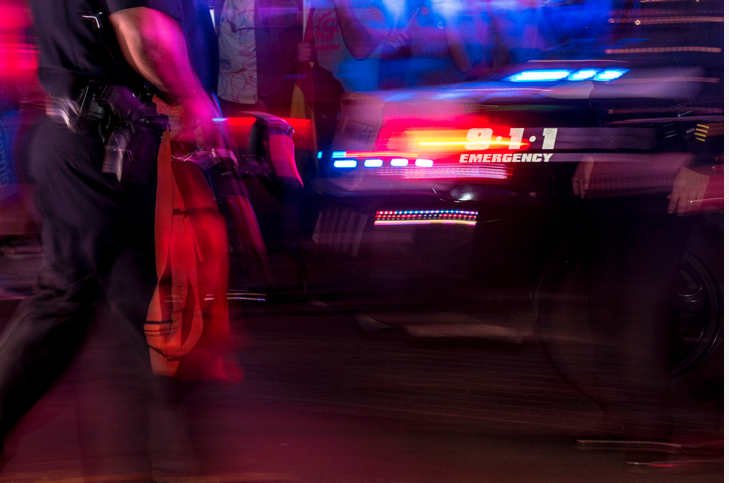When City of Dallas leaders discuss crime, it is frequently about felony crime. But the city’s Office of Community Police Oversight has been studying data on misdemeanors as part its police-reform efforts.
In the wake of the deaths of George Floyd, Breonna Taylor, Tony McDade, Tyre Nichols and “countless others at the hands of law enforcement officers,” cities must continue to scrutinize policing practices, according to a memo from attorney Tonya D. McClary, police monitor and director for Dallas’ OCPO.
“In the city of Dallas, the police department’s crime reduction efforts have focused on violent crime. However, the OCPO clearly heard from residents of Dallas that misdemeanor enforcement was a problem in Dallas in the ways it is implemented. This evidence also came in the form of complaints from civilians.”
The NAACP has shown that a Black person is five times more likely to be stopped without just cause than a white person, and those stops increase opportunities for police brutality, according to the organization’s analysis.
And in 2021, the OCPO showed that, in Dallas, when it came to those suspected of misdemeanor offenses, those stops disproportionately led to arresting people of color compared to their white counterparts.
Based on that report and recommendations, the Dallas Police Department has acted in the form of, among other changes, decriminalizing misdemeanor marijuana possession. The District Attorney’s office had promised the same in 2019 based on an SMU Criminal Justice Reform report with similar findings. And the House passed a bill in April 22 to decriminalize cannabis at the federal level. (However, a new bill signed into law by the Texas governor goes in another direction, allowing residents to file petitions against district attorneys who adopt blanket policies to not pursue certain crimes or politically-charged offenses.)
Such data-driven reform “helps make our system more fair and just for everyone, without regard to race or financial standing in the community,” Dallas DA John Creuzot said in 2019.
A “second look” at the OCPO’s 2021 report takes a look, one year later, at public arrest records on misdemeanor nonviolent offenses through spring 2022, allowing room for error considering the plethora of incomplete or missing entries in Dallas’ database.
Reporting problems, omissions and delays on Dallas Open Data portal database, which was used for the study, has long been a bane to anyone concerned with police transparency.
Supported by the Leadership Conference Education Fund and community organizer Tamara Neal, the latest study made note that The City of Dallas and the Dallas Police Department’s data policies and practices continue to create challenges for transparency, accountability and analysis.
The study showed that as DPD misdemeanor arrests continue to decrease, racial disparities persisted through 2022.Those disparities are “particularly stark” in marijuana possession and criminal trespass arrests. Disparities also persist in arrests for drug paraphernalia and public intoxication, though the gap is narrower.
The authors of the report present several actionable recommendations, based on their findings, to Dallas City Council.
The recommendations’ goal is to “lessen the impact of enforcement of these laws on the Dallas community, allow officers to focus on violent crime, and save the City of Dallas tremendous financial resources that could be reallocated to initiatives that address the underlying causes of misdemeanor crime,” McClary said in the letter.
Those recommendations include:
DPD should amend its policies to de-prioritize arrests for other misdemeanors to decrease police interaction with the public around low=level offenses;
Dallas City Council should, while operating in the bounds of their legal authority, codify DPD’s marijuana possession policy — making it an ordinance not subject to change by leadership transitions within DPD;
Dallas City Council should create a task force that includes public safety, elected and community stakeholders to explore how to minimize police interactions and arrests for misdemeanors, low-level arrests including traffic stops, and marijuana possession; and
Dallas City Council should mandate that the Office of Community Police Oversight (OCPO) receive free and unfettered access to police data to help monitor DPD’s data transparency and collection practices and provide the support necessary to ensure that access can be utilized meaningfully.”
The oversight board meets today (Tuesday, June 13), and recommendations will appear on the council’s voting agenda at a yet unknown date.
The Office of Community Police Oversight’s (formerly known as the Civilian Review Board) mission “is to ensure civilian complaints are reviewed impartially to enhance the transparency and trust between the City of Dallas, the Dallas Police Department, and the community.”






